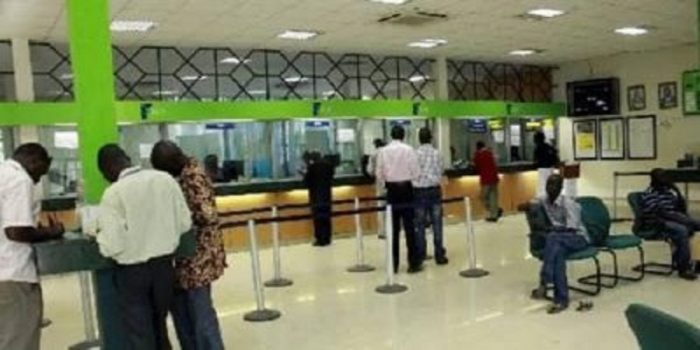Data from the Nigeria Inter-Bank Settlement System Plc (NIBSS) shows that the total BVN count as at January 16th 2022 has reached 52.1 million. Compared to the 111.5 million number of bank accounts as of May 2020, the figure shows that more than 59 million accounts remain unverified in Nigeria.
The figure shows an improvement from the last report as of November last year which was put at 51.19 million depicting about 60.34 million unlinked accounts as of the period.
Inferring from this, analysts have shown concern for the slow pace of adoption of the scheme which is yet to reach half of those operating a bank account in Nigeria after 7 years of implementation, noting that the delay is a stumbling block to addressing issues of identity theft and reducing exposure to fraud.
This could also mean that banks are not strictly adhering to the biometric registration process prior to opening new accounts. They may be more interested in just opening new accounts which are often left dormant after a while because customers do not operate them.
In 2019, the Central Bank of Nigeria, as part of efforts towards getting the financially excluded into the financial system and increasing the rate of financial inclusion, introduced the BVN 2.0 which unveiled BVN Premium and BVN Lite during the 11th Bankers’ Committee retreat in Ogere, Ogun State.
BVN Premium covers customers that can provide the 18 basic requirements for a complete BVN enrolment while the BVN Lite requires minimal documentation like name and phone number for bank customers, especially those at the rural areas that do not meet the full requirements.
Speaking on the development and how it would help to position banking in Nigeria, Godwin Emefiele, Governor of the central bank said, “This entails for instance to reclassify and segregate transactions that could be done on BVN. We have two classifications. The existing BVN that we have in the system has about 18 lines of information. If you are on BVN lite there is a limit to the kind of transactions you can do in terms of deposit and in terms of loans.”
“The important thing is that we want to make you financially included where you can conduct basic banking services. Our people in the rural communities who have BVN lite will later be migrated to the BVN premium when you meet all the requirements”
What you should know
Bank Verification Number is a unique number that allows individual accounts to be verified across the Nigerian banking industry. The unique ID number is issued to every bank customer at enrolment and linked to every account that the customer has all Nigerian banks.
BVN was introduced in 2014 by the CBN to combat money laundering, illicit financing and duplications in the ownership of bank accounts used for fraud.
